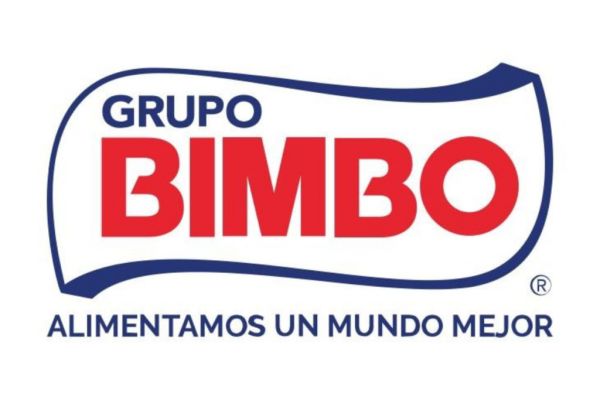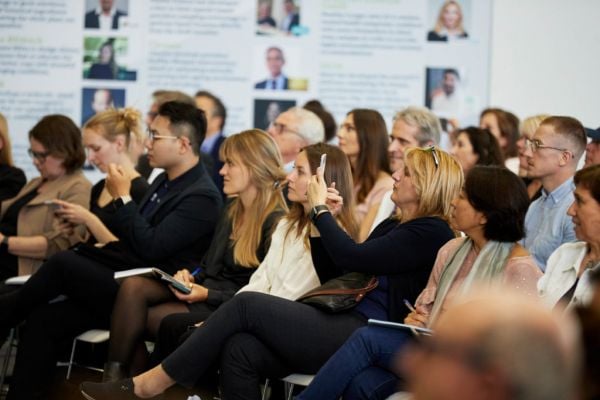The COVID-19 crisis has helped to bolster the digitalisation agenda and the development of e-commerce, with retailers and consumer goods firms also striving to cut costs and better adapt to changes in how they source and sell products.
The Consumer Goods Forum's E2E Value Chain umbrella initiative aims to drive efficiency in retail and CPG, and develop solutions that benefit the entire supply chain. ESM caught up with Ruediger Hagedorn, director of the E2E Value Chain initiative.
Q. Digitisation is one of the hot topics in retail and consumer goods at the moment. Do you think businesses know the best way to go about digitising their operations?
Everybody is looking at digitisation, but what does this mean – if you have computers, are you digitised? The answer is no – digitisation means in the first place to change your processes, in the second place to have the right skilled people, and thirdly, to invest in technology. There's been a complete shift.
Most people try to do this backwards, by investing in technology first and then finding out what people you need, and if you have time change some processes. That's not going to work. If you want to unlock growth, companies should revisit their processes first, see what they can do with the people and infrastructure they have, invest in new skills if necessary and then look at the tools they need, i.e computers.
Digitisation is not about the amount of microchips you have. It's about having a process in place that involves new skills, and people that understand IT.
Q. In other words, people play a crucial role; once you have the right people on board, you can take the company forward?
The key thing for every company today is talent. People who have the knowledge, and who have a good feeling for the market and for the needs of the new customer.
For years, e-commerce has been considered the 'next big thing', but it only accounted for 10% of the overall retail space, and it was very consolidated. If you think of e-commerce, you think of Amazon and Alibaba.
Now, following the COVID crisis, there's a need to start investing in e-commerce again, but that's a difficult situation for most companies now, as they have had to cut back their businesses. You want to invest, but you need to be sure that it's the right path – you don't want a situation where your investment only pays off if COVID comes again, for example.
When the pandemic started, we created the E2E Open Space, which was a platform for Consumer Goods Forum members to come and talk and share their experience. We started in March, and before long we had dozens of participants.
It was very interesting to hear their stories, about how it was initially a rollercoaster for them, but before long it became more about planning ahead and dealing with uncertainty.
Q. That sounds interesting, as a lot of companies would have been 'in the same boat' and were able to share their experience. But at the same time, does that prevent investment – in that, with everybody dealing with the same issues, nobody is willing to push the boundaries and make a quantum leap forward?
I would say yes, there's a high probability that this is the scenario that is unfolding. Everybody is experiencing the same challenges. I think what a lot of companies got out of E2E Open Space was psychological – it gave them a little comfort in these strange times.
Q. Building on this, how do you drive an impetus into the group – encourage them to draw down some key learnings and accelerate some projects?
We're coming together to talk about these things. One of the first conclusions is that we need to work together to find new ways of collaborating and cost-cutting, in order to unlock money to make investments. You ether need to sell more or save more in order to fill your war chest.
We're looking at specific measures around sustainability and excess packaging, for example, or modelling the supply chain to find out where the value streams are.
Q. There's been some discussion recently about improving data exchange. Has COVID accelerated that, or is it still a 'nice to have' rather than a 'need to have'?
A lot of companies are not talking about data currently, particularly those most affected by COVID – for many, it's not a case of planning the future and plotting a new roadmap, it's about healing wounds and getting your damage assessment.
But eventually more and more companies will look to data as a means to evaluate when the next meteorite is going to hit. You're seeing some companies investing more in data exchange, but for most companies it's not there yet.
Q. The Consumer Goods Forum recently held its annual Sustainable Retail Summit, and sustainability is now something that underpins so many business decisions, and value chain decisions. Has there been progress in terms of the role of data in addressing sustainability?
Yes. I have worked with the other teams in the Forum – our Sustainable Supply Chain group, our Health & Wellness group, our Forest Positive group – and we have a pilot project in place called True-code.
This provides all actors in the supply chain with a kind of digital passport, that can provide clear and accurate data to consumers, and reinforce your company’s commitment to sustainability, safety and traceability.
We want to ensure the entire network is connected, and that everybody is getting something out of it. It has a sort of cascade effect, you can get the information you need to make positive decisions.
We're not saying it has all the answers – if you are doing your own work on this, please don't stop – but it's offering an additional option, which might turn out to be faster and more efficient for some companies.
It's not just about exchanging data, it's about exchanging answers.
For more information, visit www.theconsumergoodsforum.com.
© 2020 European Supermarket Magazine – your source for the latest retail news. Article by Stephen Wynne-Jones. Click subscribe to sign up to ESM: European Supermarket Magazine.














